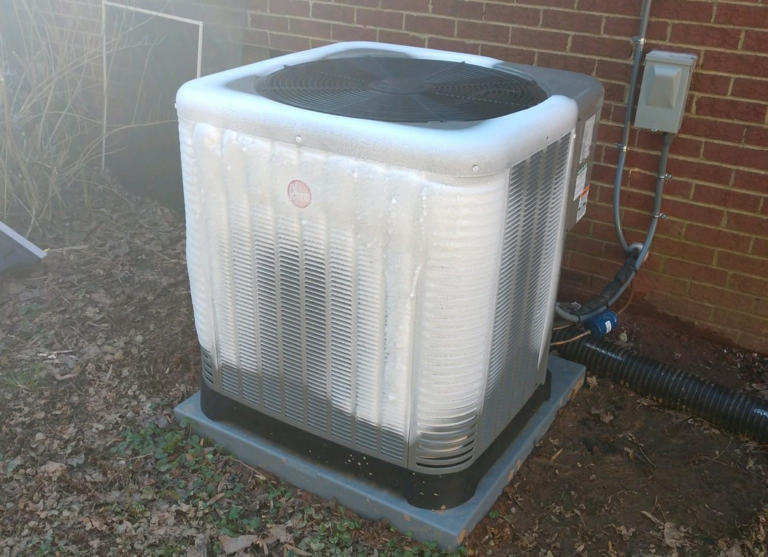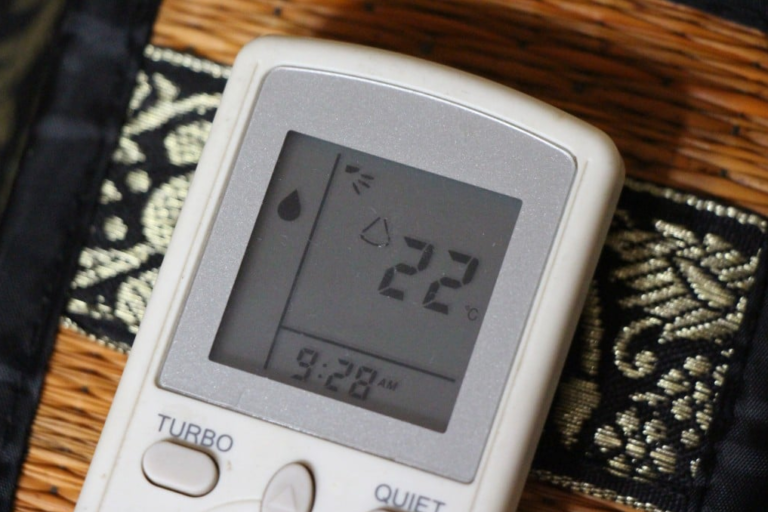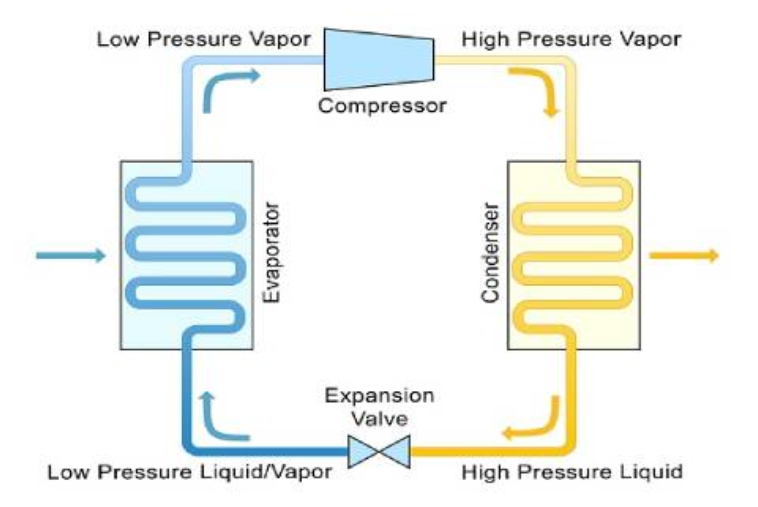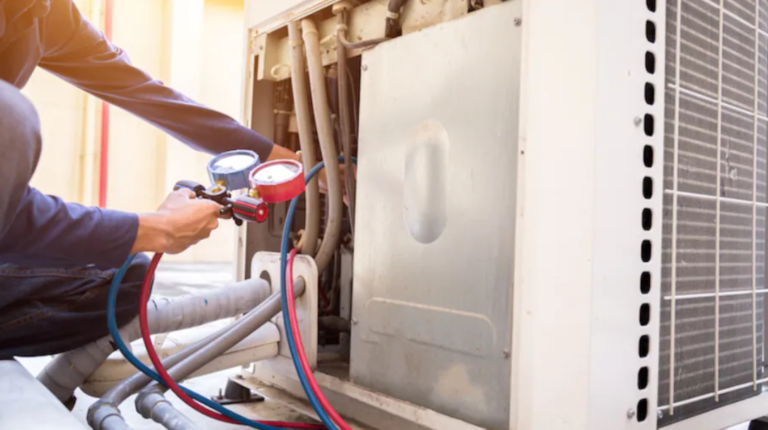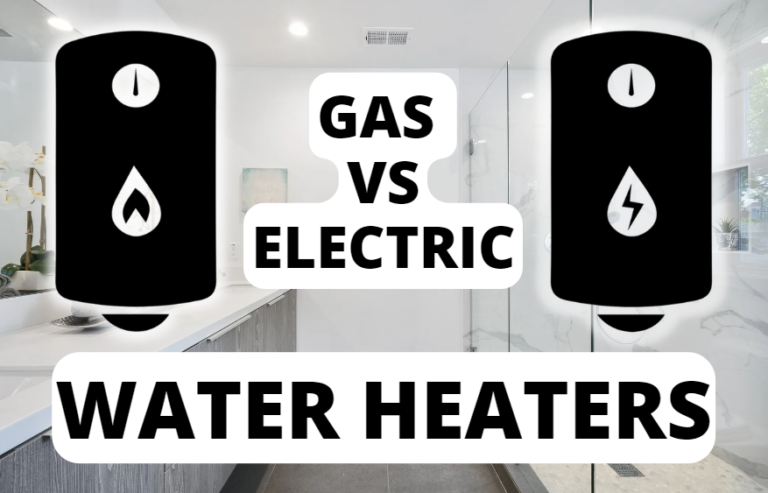How does a Boiler Work? – In Depth Guide
Boilers are essentially big tanks where water is heated until it becomes hot or turns to steam. The main purpose of a boiler is to heat water for either domestic use – like in your home – or for commercial and industrial use.
How does a Boiler Work and gets regulated in your home?
This is the overall process of how a boiler works when it is used in a residential building:
- Your home’s thermostat notices a dip in temperature and activates the boiler.
- The boiler then produces heat using a fuel source—oil, gas, or electricity.
- Water inside the boiler is heated by the heat from the fuel source.
- Through the use of radiators or radiant floor systems, the heated water or steam is spread throughout your house, where it warms the air by emitting heat.
- The water returns to your boiler where it is reheated and sent back out once more as it cools (or the steam condenses).
- This process goes on until the temperature in your home is reached and your thermostat tells the boiler to shut off.
Related post: Boiler vs Water Heater – 5 Key Differences
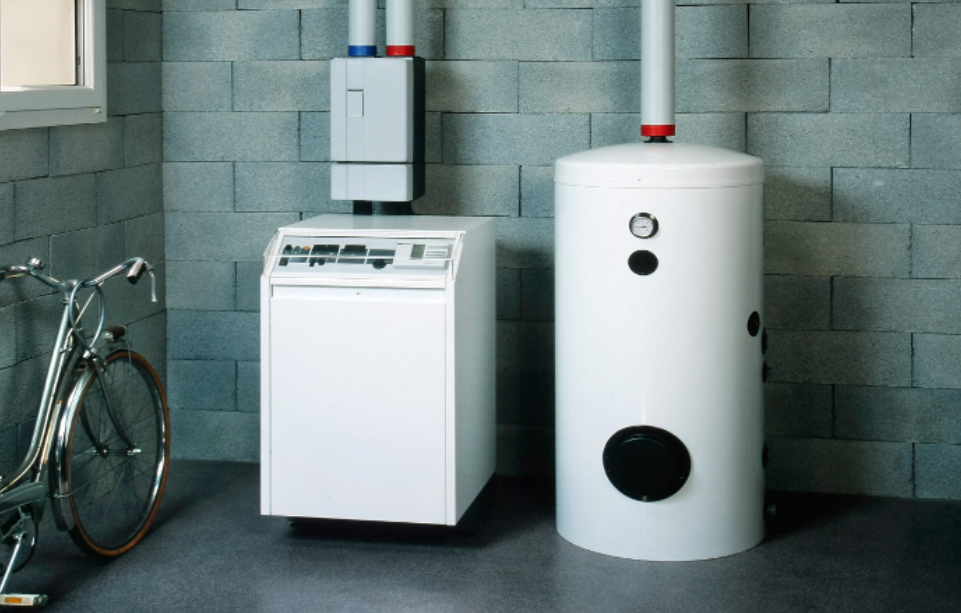
How different types of boiler works
Boilers can be classified according to different factor; in this article we’ll cover just the main types:
- Fuel type
- Type of heating
- Heating method
Fuel type
Boilers can be classified according to their fuel type.
How do Gas Boilers work?
Natural gas is the most common type of fuel used in gas boilers. This fuel type is readily available and affordable.
Gas boilers are very efficient, with most models having an AFUE (annual fuel utilization efficiency) rating of 90% or higher.
Gas boilers are also very versatile, as they can be used for both heating and hot water applications. When shopping for a gas boiler, be sure to choose one that is properly sized for your home and heating needs.
How do Electric Boilers work?
Electric boilers are another popular choice, especially in homes where natural gas is not available. Electric boilers are 100% efficient, meaning all of the energy they use is converted into heat.
However, electric boilers can be more expensive to operate than gas boilers, because electricity is a more expensive utility than natural gas.
Electric boilers are also less versatile than gas boilers, as they can only be used for heating applications and not hot water. When shopping for an electric boiler, be sure to calculate the long-term operating costs to ensure that it is the most cost-effective option for your home.
How do Oil Boilers work?
Oil-fired boilers are a popular choice in areas where natural gas is not available. Oil-fired boilers are less efficient than gas boilers, but they can still provide excellent heating at a lower cost.
Oil-fired boilers are also very versatile, as they can be used for both heating and hot water applications. When shopping for an oil boiler, be sure to choose one that is properly sized for your home and heating needs.
A word about Condensing Boilers (gas or oil)
Condensing boilers are similar to other types of boilers in that they use a gas- or oil-fired burner to heat water, which then circulates through a series of radiators or pipes in order to provide space heating.
However, condensing boilers are designed with an additional component called a condensing unit, which captures waste heat from the exhaust gases and uses it to preheat incoming cold water before it enters the boiler.
This makes condensing boilers more efficient than other types of boilers because they use less fuel to achieve the same amount of heating. In addition, condensing units help to prolong the life of the boiler by reducing corrosion from acidic condensate.
Condensing boilers have several advantages over other types of boilers. They are more efficient due to their ability to capture waste heat from exhaust gases and use it to preheat incoming cold water.
Additionally, condensing units help to prolong the life of the boiler by reducing corrosion from acidic condensate. Finally, condensing boilers have low emissions levels and can be used in applications where environmental regulations are strict.
Disadvantages of condensing boilers include their high initial cost and the fact that they require access to an exhaust stack in order to function properly.
Additionally, condensing boilers must be installed by a qualified technician in order to ensure that they are operating safely and correctly
Type of heating
Boilers can also be classified according to their Type of heating.
How do Hot Water Boilers work?
A hot water boiler is typically used to provide space heating for a home or small business. The boiler circulates hot water through radiators in the rooms of the building, providing heat. Hot water boilers can also be used to provide domestic hot water by connecting them to a storage tank or heat exchanger.
One advantage of hot water boilers is that they are relatively easy to maintain. Another advantage is that they are less expensive than steam boilers because they do not need to be equipped with a steam separator or other special components.
Disadvantages of hot water boilers include the fact that they can only heat a limited amount of space at one time and they take longer to heat up than steam boilers. Additionally, hot water boilers can develop scale and corrosion inside the boiler, which can reduce efficiency and lead to expensive repairs.
How do Steam Boilers work?
A steam boiler is typically used to provide space heating for large buildings such as factories, schools, or hospitals. The boiler produces steam, which is then circulated through pipes to radiators in the rooms of the building. The steam provides heat, which warms the room.
Steam boilers have several advantages over hot water boilers. They can heat a larger area at one time, and they recover more quickly after being turned off because the steam cools and condenses back into water more quickly than hot water does.
Additionally, steam boilers can be equipped with superheaters, which can further increase their efficiency.
Disadvantages of steam boilers include the fact that they require more frequent maintenance than hot water boilers because of the potential for corrosion. Additionally, steam boilers must be equipped with a steam separator, which adds to the cost of the boiler. Finally, because steam boilers use high-pressure systems, there is a greater risk of explosion if the boiler is not properly maintained.
Heating method
There are different types of boilers used in commercial and industrial settings. The three most common types are fire-tube and water-tube.
How do Fire-Tube Boilers work?
Fire-tube boilers are the oldest type of boiler. They are simple, rugged, and reliable. They are also relatively inexpensive to operate and maintain. Fire-tube boilers are available in either dry-back or wet-back designs.
In a dry-back fire-tube boiler, the rear of the furnace is lined with refractory bricks. This design protects the end of the furnace from the direct flame and allows for better heat transfer.
The wet-back design reverses this configuration, so that the water is on the inside of the tubes and the exhaust gases are on the outside. Wet-back fire-tube boilers typically have a lower operating cost than dry-back designs.
How do Water-Tube Boilers work?
Water-tube boilers are more complex than fire-tube boilers. They consist of a series of water-filled tubes that are connected to a steam drum and a mud drum. The water tubes are used to generate steam, while the mud drum collects any sediment that falls to the bottom of the boiler.
Water-tube boilers are more efficient than fire-tube boilers because they can operate at higher temperatures and pressures. They are also much cleaner burning, since all of the combustion takes place within the confines of the water tubes.

